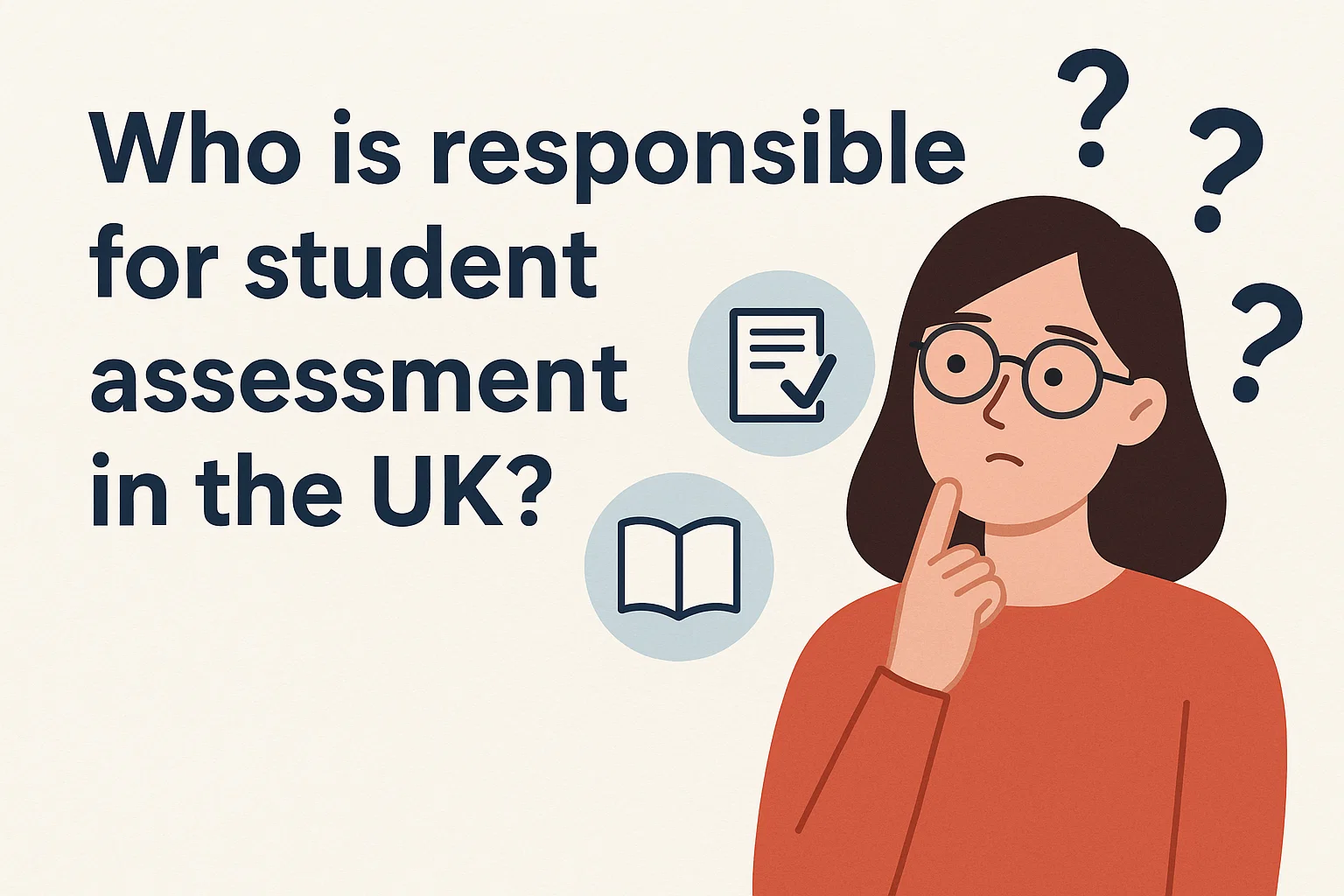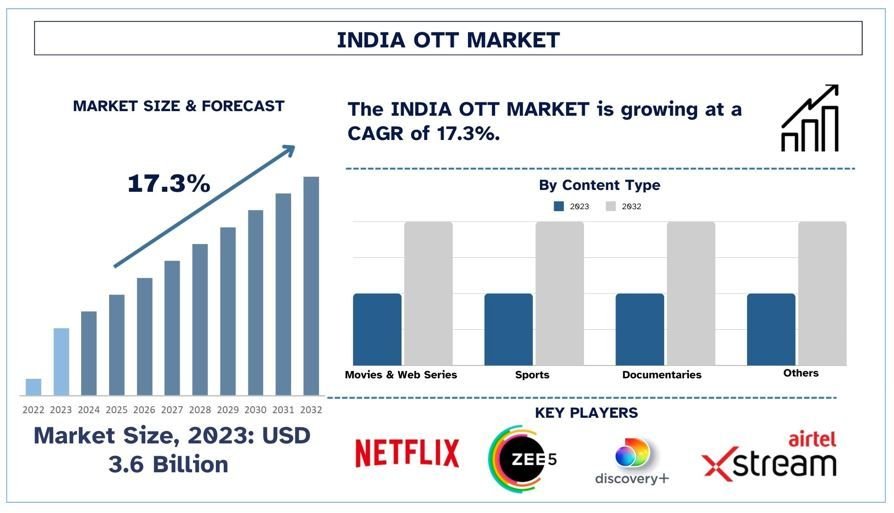Proven SEO Growth Paths for Oxford-Based Brands
Oxford isn’t just a place of timeless academia—it’s a city where tradition meets transformation. And in 2025, the battleground for business growth isn’t High Street or Cornmarket—it’s Google’s search results. Whether you’re a startup in Jericho, a law firm off Cowley Road, or a boutique retailer near the Covered Market, one truth remains: without visibility online, you’re invisible. SEO isn’t a luxury anymore; it’s an operational necessity.
But let’s get something straight. This isn’t about “sprinkling keywords” or tossing blogs into the ether. We’re talking about deliberate, strategic, measurable SEO designed to grow Oxford-based brands—on their terms and with their voice.
Let’s cut through the noise and get into what actually works.
The Local Competitive Landscape: Oxford’s Digital Momentum
Oxford is not London. And that’s precisely the advantage.
Local businesses here aren’t yet drowning in digital saturation. What that means for you? There’s room. A well-executed SEO strategy in Oxford can deliver results faster than in cities where everyone’s playing the same game. But that doesn’t mean the competition is asleep. It just means smart, consistent strategies win more often than brute force.
In sectors like education consultancy, healthcare, IT, sustainable retail, and real estate, local search is becoming fiercely competitive. A Google search for “independent estate agent Oxford” or “best vegan café Oxford” now brings up highly optimized pages—and if you’re not on page one, you might as well not exist.
Organic SEO Is Still the Long Game—and That’s a Good Thing
Here’s where many get it wrong: they expect SEO to work like ads—fast, reactive, and budget-dependent. But the reality is, organic SEO is a compounding asset. Done right, it keeps working long after you’ve stopped paying for it.
When your site is optimized, your content is indexed, and your technical health is in shape, you begin to own digital real estate. That means:
- You’re not renting attention through ads.
- You’re earning it through relevance.
- And that earns trust—arguably the hardest (and most valuable) thing online.
Foundational SEO That’s Not Just “Basic”
Yes, everyone needs the basics—title tags, headers, image alt text, a sitemap. But if you’re reading this, you’re not here to “tick boxes.” You’re here to build something that outranks, outlasts, and outperforms.
Let’s talk about the real foundation: search intent alignment.
Most Oxford-based companies aren’t struggling with low traffic—they’re struggling with irrelevant traffic. Visitors land, skim, bounce. Why? Because the content doesn’t answer what they were actually searching for. That’s where intent-led SEO becomes a game changer.
Pair this with technical excellence—fast load speeds, mobile-first architecture, clean code, and crawlable structure—and you’ve got the groundwork for ranking dominance.
Local SEO That Punches Above Its Weight
Google wants to show local users local results. That’s your opportunity.
But simply having a Google Business Profile won’t cut it. Here’s what separates the real contenders from the list-fillers in Oxford:
- Consistent NAP (Name, Address, Phone) across all citations
- Hyper-local content that reflects Oxford’s neighborhoods, trends, and consumer concerns
- Real reviews (not spammy ones)
- Location-based schema markup
- Landing pages tailored to local queries, not copied from a national template
Google is smart enough now to understand whether your site genuinely serves Oxford users—or whether it’s just pretending.
The Rise of Topical Authority: Go Deep, Not Wide
You don’t need to blog about everything. You need to become the go-to source on one thing.
Say you run a language school in Oxford. Instead of writing one general blog about “learning English,” you could dominate by creating a content hub:
- “Top 5 English Language Exams Explained for Oxford Students”
- “How to Apply for a Student Visa: Advice from Oxford Locals”
- “Cost of Living in Oxford for ESL Students”
- “Why Oxford Is the Best City in the UK to Learn English”
When you cluster content around a central theme, Google begins to recognize you as an expert. That’s when the algorithm starts working in your favor, showing your pages for a variety of related searches.
Content That Isn’t SEO-Fluff
Let’s talk about what kind of content actually converts.
Spoiler: It’s not 600 words on “why we’re the best.”
It’s detailed guides, comparison articles, smart opinion pieces, and solution-focused posts that speak your audience’s language. It’s content that adds real value—think of it as digital journalism for your brand.
What works exceptionally well in Oxford?
- Academic-style insights (this is a city that loves rigor)
- Evidence-based claims
- Smart local references
- Honest opinions with cited sources
The brands that win here don’t dumb it down. They dial it in.
User Experience: The Silent SEO Killer
You could have the best content in the world, but if your website feels like it was built in 2011, your bounce rate is going to spike—and Google will notice.
SEO isn’t just about search engines. It’s about users.
A seamless UX equals:
- Fast-loading pages (under 3 seconds)
- Clear CTA buttons
- Accessible design
- Mobile optimization
- Logical site architecture
Every time a user clicks, scrolls, or stays, you’re sending signals to Google that your site is worth ranking. UX isn’t decoration—it’s influence.
Analytics and Feedback Loops: The Oxford Way to Improve
Here’s a question not enough brands ask: Is our SEO working?
The only way to know is by tracking performance ruthlessly and improving based on evidence—not hunches.
This means:
- Setting up clear goals in Google Analytics 4 (GA4)
- Using Google Search Console to find low-hanging fruit
- A/B testing meta descriptions and title tags
- Analyzing heatmaps and scroll depth
- Reviewing customer feedback tied to landing pages
It’s not glamorous, but it’s the difference between hoping and knowing.
In a city like Oxford, where even small changes in digital visibility can bring a high-value clientele, optimizing based on data is a competitive superpower.
Avoiding the Trap of “Set It and Forget It” SEO
Here’s an uncomfortable truth: SEO plateaus.
You can do everything right and still hit a ceiling—unless you adapt.
Google’s algorithm changes. Your competitors evolve. New players enter your niche. If your SEO strategy isn’t living and breathing with your business, it’s going to fall behind.
That’s why the smartest Oxford-based brands treat SEO like a subscription, not a one-off project. They’re constantly:
- Updating content
- Refreshing pages with new data
- Retesting keywords
- Building new backlinks
- Reassessing competitors
Sustainable growth isn’t about what you do once—it’s about what you commit to doing consistently.
The Backlink Strategy That’s More Than Outreach Emails
Backlinks still matter. But in 2025, the kind of backlinks you chase is what separates ethical visibility from algorithmic penalties.
Forget bulk directory submissions or spammy PBNs. That’s a race to the bottom.
Instead, build authority the way media outlets do:
- Publish original research or reports tied to Oxford data
- Collaborate with universities and local institutions
- Write opinion pieces for trusted local publications
- Launch community campaigns or sponsor local events
When your brand becomes a source—not just a participant—you attract backlinks naturally.
Trust Signals That Seal the Deal
SEO gets the click. Trust gets the conversion.
Once someone lands on your site, they look for cues: Can I trust this business? Do they know what they’re talking about? Is this brand even real?
Build trust using:
- Professional, updated photography (stock doesn’t cut it)
- Clear testimonials with names and locations
- Security badges (SSL, payment protection)
- Transparency in pricing or process
- “As Featured In” logos if you’ve been covered in press
In a city like Oxford, where brand perception often walks a tightrope between traditional and modern, trust signals are your best sales reps.
The Role of AI and Automation in Today’s SEO
Let’s not pretend SEO hasn’t changed in the last year. It has—dramatically.
AI is now deeply embedded in how search engines understand content, rank it, and personalize results. For Oxford-based brands, this means embracing tools like:
- Programmatic SEO for creating localized content at scale
- AI-based writing assistants for first-draft speed
- Chatbots for onsite UX that reduce bounce rates
- Predictive analytics to identify keyword trends before they spike
But here’s the caveat: AI should assist, not replace.
Google can detect cheap, autogenerated content. The brands that win are the ones who combine human creativity with machine efficiency.
Building an SEO Team or Partnering Smartly
Not every Oxford business has the bandwidth to build an in-house SEO team. But that doesn’t mean handing it off blindly to a freelancer who promises “#1 rankings in 2 weeks.”
Vet your partners like you’d vet a board member.
Ask questions like:
- What KPIs do you measure?
- Can you show past performance for Oxford or UK-based clients?
- How do you align content with brand tone?
- What’s your backlink acquisition process?
- How do you adapt strategy post-algorithm update?
A good SEO partnership is about alignment. The agency or consultant should think like your business—not just like a vendor.
Conclusion
SEO isn’t magic—it’s momentum.
The brands that consistently show up, stay relevant, and evolve with the digital tide are the ones that build real, lasting visibility. In Oxford, where intelligence and integrity matter in equal measure, the opportunity to grow through smart SEO is wide open—but only for those willing to treat it as a strategic asset, not a checkbox.
And if the goal is to move beyond visibility to true brand equity, working with an experienced Oxford SEO company might just be the smartest decision you’ll make this year.











Leave a Reply